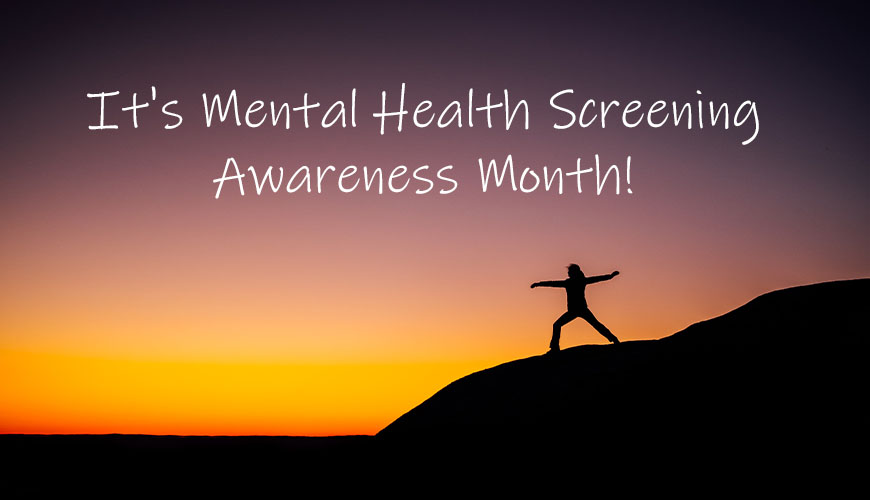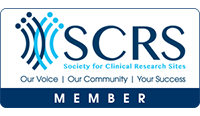October is National Depression and Mental Health Screening Awareness Month. Depression can affect anyone regardless of age or gender. There is no single cause; it can stem from a combination of genetic and environmental factors. Additionally, the COVID-19 pandemic has caused more people to experience symptoms of depression, so now is a good time to complete a self-assessment. Here are a few questions to ask yourself:
- Are you having trouble falling asleep or have you been sleeping more than usual?
- Have you been feeling sad, anxious, guilty, and/or hopeless?
- Has your appetite changed? Are you eating more or less than normal?
- Are you less motivated to do everyday tasks such as showering, cooking, or cleaning?
- Are you having trouble staying focused during work or while watching television?
- Have you lost interest in doing activities or hobbies you normally enjoy?
If you answered yes to at least two of these questions, it may be a good idea to reach out to a medical professional. Your doctor can better evaluate your symptoms and rule out any other factors such as medication side effects. He or she can refer you to a mental health professional who is trained to work with you to manage your mental health. Treatment can include weekly therapy sessions and/or medication. Below are some measures you can take on your own that may help improve your mental wellbeing:
- Exercise at least thirty minutes daily
- Eat a healthy diet with more fruits, veggies, and protein and less processed and fast food
- Spend time with family and friends
- Aim to get eight hours of sleep per night
- Revisit a hobby you used to enjoy such as reading or gardening
- Get outside while the sun is out for at least fifteen minutes per day
While these tasks may seem daunting to someone diagnosed with depression, taking the first step is always the hardest part. It’s perfectly okay to start small, like taking a walk around the block or calling a loved one. These short activities can help improve your mood and can start a cycle of mood-boosting activities. If necessary, start even smaller and give yourself credit for doing everyday tasks such as taking out the trash or tidying up your bedroom. Set daily goals and try to stick to them as much as possible. As time goes on, you may not feel as overwhelmed. By recognizing your accomplishments, even if they may seem minor, you can reframe your thoughts and recognize that you do have more control over how you feel than you may have initially thought.
Taking the time to assess your mental health is important to living a happy and fulfilling life. Depression is an illness, and there are ways to lessen the symptoms. If you feel stuck, reaching out to loved ones or mental health professionals is not a sign of weakness. It’s a step in the right direction to reach the goal of mental wellness. If you or a loved one has been diagnosed with depression, consider participating in a clinical trial with Preferred Research Partners. You may be eligible to receive no cost care and contribute to the advancement of medical research. Learn more to see if you qualify!



